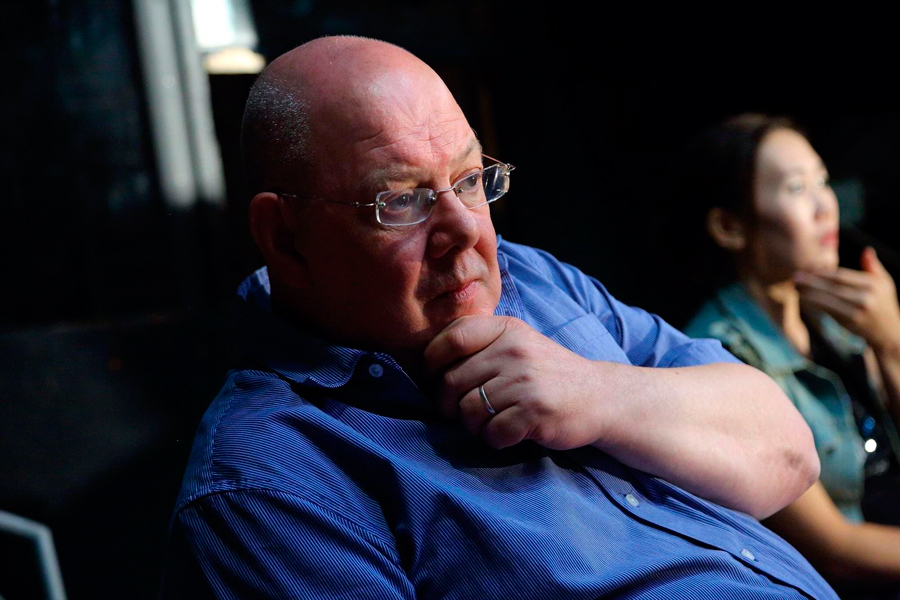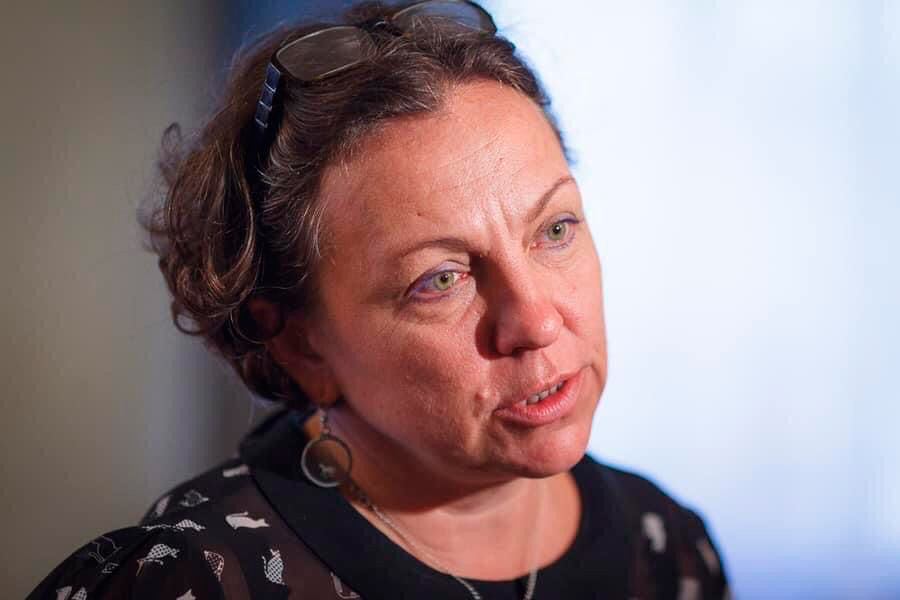Courses
Acting Online
course duration
price


The Stanislavsky system and practice of modern actor
What is the Stanislavsky system? Is it grammar for an actor or museum piece? Why does a modern actor need it? Does the system help the actor in his daily work? Do experienced actors need it? The leading actor training teachers of GITIS will answer these questions. Using practical exercises, they will tell you about the Stanislavsky system and its basic goals. The modern and classic plays will be reviewed with the help of the active analysis of the play and role.
You will be taught by leading industry professionals and permanent members of the Russian Institute of Theatre Arts (GITIS).
Classes are taught in English.
Group: 12 —15 students.
Dates and Course cost
Week 1
Week 2
Total of 24 hours
A certificate will be awarded to all participants who attend and complete the course. As the Short Courses are not accredited, there is no formal assessment and no qualification issued at the end of the courses, but participants who attend at least 100% of the classes will receive a certificate of attendance featuring the GITIS’s logo stating the course and the period when they attended.
If you have any questions about the course, please email inter-program@gitis.net.
Summer Masterclasses Terms and Conditions
General
· GITIS reserves the right to amend, withdraw or cancel any course. If GITIS cancels a course you have booked onto your fee will be fully refunded;
· All courses are subject to a minimum number of students and will not be guaranteed until this number is reached;
· GITIS reserves the right to refuse admission on to any of our programs;
· It is strongly recommended that all students insure themselves to cover the loss of any costs incurred in the event of cancellation, illness or travel problems, for which GITIS cannot accept any liability;
· Fees are non-returnable once a student has started the course;
· All fees must be paid in full prior to the start of the course;
· Full fees will be refunded for cancellations within two weeks of booking;
· In the event of a cancellation after two weeks from the booking date, a sum of 9,000 rubles will be retained to cover administration costs;
· GITIS does not offer deferments for courses not attended.
· Please dress in comfortable clothes even when working online or as instructed in the course information
TUTORS
Michael Chumachenko
The Senior Lecturer at the Directing Department graduated from GITIS (1989, course of M. O. Knebel). In the same year, he was awarded the prize of the All-Russian Theatrical Society in the category “The Best Moscow Debut” for the play “Abnormals”. From 1988 to 1992 he was a director of the Central Theater of the Soviet Army. From 1993 —1995 — one of the directors of the sociopolitical program of the central TV station Vzglyad. From 2006 to 2008 he was Art Director of the Russian Drama Theatre in Tallinn (Estonia). He is a teacher of directing and acting, leader of workshops directing seminars, and masterclasses.
Ekaterina Granitova-Lavrovskaya
The Head of the Directing Department, Senior Lecturer at the Department of Drama Directing, graduated from the directing department of the Russian Academy of Theater Arts — GITIS (1997, under the conduct of Prof. L.E. Heifets). Since 1995 she has been a teacher at GITIS (workshop of O. L. Kudryashov). Ekaterina staged productions at the Conservatorie Chambéry and the Théâtre Vivant, Rennes (France). In
- Schedule (25.73 KB)